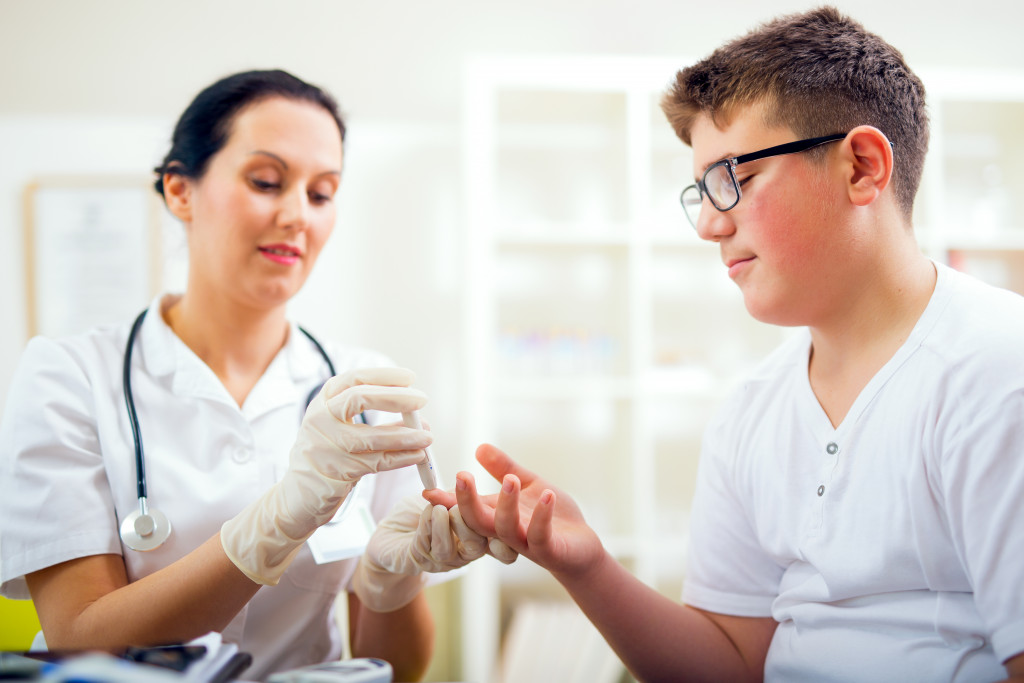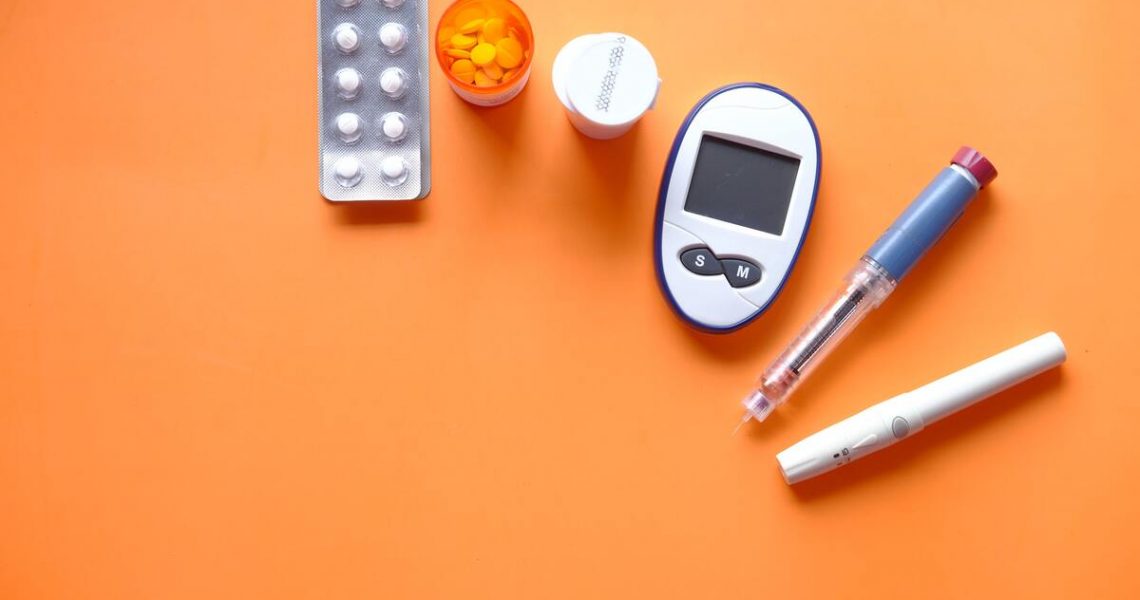Diabetes is one of the most common diseases, affecting about 30 million people in the United States. That’s about 10 percent of the country’s population. Experts even believe the number is underreported since many remain undiagnosed.
Although common, not many still understand what it is and its damaging effects on the body. The only way to prevent it is to delve deeper into the disease.
What Is Diabetes?

Diabetes is a disease that occurs when your body’s insulin stops working as it should or if the body doesn’t produce the hormone. Insulin, produced by the pancreas, allows sugars to enter the cells, so they can create energy, which is necessary to support metabolic functions.
When there isn’t enough insulin or none at all, this process is hindered. Glucose, or sugar in your blood, doesn’t enter the cells. Instead, that excess sugar builds up in your bloodstream and creates a variety of issues to deal with.
- Diabetes has three different types:
- Type 1 Diabetes: It is an autoimmune disease, which means the body attacks the pancreas that produces insulin. The exact causes of this are not understood, but it is believed to be a combination of environmental and genetic factors. There is no way to prevent type 1 diabetes as scientists have yet to identify what causes the immune system to attack the pancreas as if it were a foreign body.
- Type 2 Diabetes: It is the most common and can affect your ability to produce insulin as an adult. Obesity and lack of exercise are two of the biggest risk factors for this type, but general health plays a part as well. In fact, healthy eating habits can go a long way toward keeping you from getting type 2 diabetes.
- Gestational Diabetes: This is a type of diabetes that occurs during pregnancy. Blood sugar levels can become too high because of changes in the placenta and how the body uses insulin. Fortunately, it usually resolves after the mother has given birth.
Diagnosing and Treating Diabetes
No single test can determine if you have diabetes. Instead, doctors go by a number of factors such as your age, weight, medical history, and family background to see if you might be at risk for this disease. If so, they will run various exams to check your glucose levels, such as a glucose tolerance test or an insulin tolerance test.
Once diagnosed, the doctors will then create a treatment plan that often includes:
- Monitoring your glucose level
- Taking medicine, such as insulin, to keep blood sugar levels from fluctuating
- Making healthy lifestyle changes, such as eating right and exercising more frequently
How to Prevent Diabetes
The impact of diabetes on your overall health can be severe. These can include an increased risk of cardiovascular disease, hypertension, blindness, and kidney dysfunction.
If you are susceptible to the condition, you can take steps to prevent it or, if you’re already sick, delay its progress:
1. Always Go for a Regular Checkup
Facilities like Crosspointe Medical Clinic offer various diagnostic exams to detect diabetes early or keep track of your health after diagnosis. They have subspecialists such as hormone doctors to address specific issues.
2. Eat Right and Maintain a Healthy Weight
Diabetics must keep track of their diet and limit the amount of carbohydrates they consume. Both can impact your blood sugar levels quickly and severely. Follow a low-carbohydrate diet.
3. Exercise Daily
Regular workouts can help decrease your risk of diabetes by maintaining your glucose levels, exercising your heart, and burning excess calories.
Your exercise doesn’t need to be strenuous to enjoy its benefits. Even brisk walking (a moderate-intensity type of walking) for 30 minutes a day can already do wonders for your glucose level.
4. Manage Your Stress
Stress hormones can trigger your body to release more glucose than usual to provide you with the energy needed to fight against stress. Try relaxation techniques such as meditation and deep breathing whenever you feel stressed.
5. Don’t Smoke
Smoking is bad for anyone, but aside from leading to heart disease and lung cancer, it also increases your risk of getting type 2 diabetes by 40 percent!
6. Stay Hydrated
Make sure you get enough fluids throughout the day. Stick to no- or low-calorie drinks so as not to add excess sugar to your bloodstream. Avoid sweetened beverages or alcohol, which can trigger diabetes symptoms because of their high carbohydrate content.
Diabetes can be a serious issue, but don’t let this diagnosis scare you off from living a healthy lifestyle. You just need to learn the right way to do it. Follow these tips and you’ll surely prevent this disease from holding you back.

